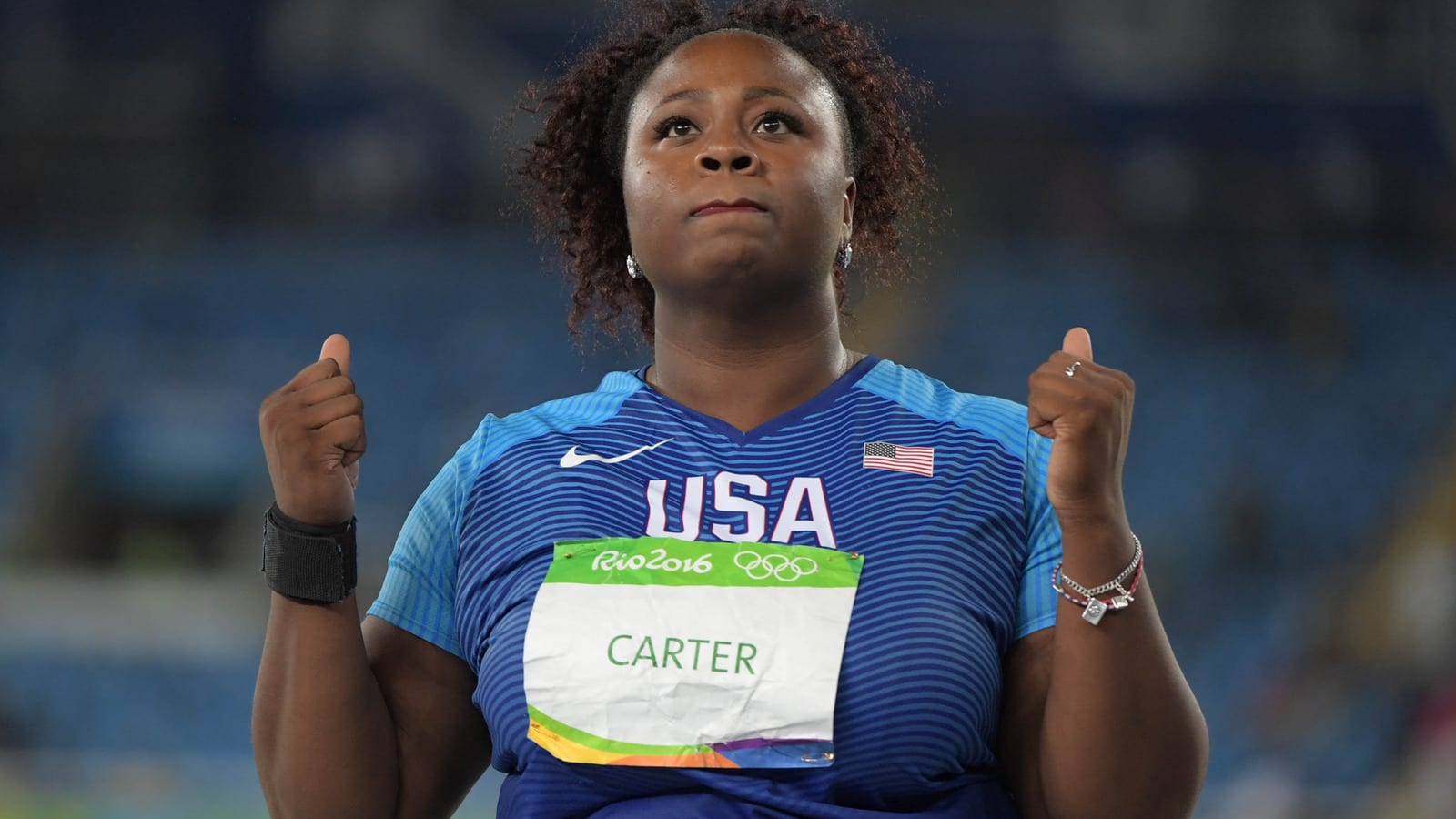
Has the summer/winter split been good for the Olympics?
It's been 30 years since the International Olympic Committee voted to separate the Summer and Winter Olympic Games and place them two years apart from each other. With the 2016 Rio Olympics in full swing, it's fair to ask if this move been successful.
In a word, yes, but to understand why, it's important to look at why this decision came about in the first place.
The reasoning for the move, which was approved in 1986 and took hold following the 1992 Games, was to give each games their own space, if you will, and allow better media coverage from broadcast partners around the world. Why? At the time, the Winter Games were considered the little brother, the games that got a smaller focus from the media than the Summer Games, and the IOC believed the participants in both games deserved their own spotlight.
The final games that shared the same year was 1992, when the Winter Games were held in Albertville, France, while the Summer Games took place in Barcelona, Spain. Two years later, the Winter Games were held on their own in Lillehammer, Norway. Since that time, the Olympics have exploded in revenue and popularity, with advances in technology and broadcast real estate, which in turn has helped validate the IOC's decision in the following ways:
Logistics
Logistically, the move has helped. Holding two two major events twice in the same year was taxing on the IOC and all the other Olympic committees. If you are a nation with smaller means, you tend to focus on getting your athletes to the Summer Games since they've historically had a higher profile. That also applies to the broadcast partners who had to undertake a huge burden if they wished to hold both events.
Revenue
Financially, it has been great for the games. Rights fees exploded already during the 1980s when NBC priced out ABC for the Olympics. However, with the Winter and Summer Games being held the same year, NBC logistically could not have both events completely covered so ABC and CBS won the rights to the Winter Games.
After the split, NBC took on the rights to both events and currently has them through 2032. Of course, this cannot entirely be the cause of the games splitting, as rights fees across all sports have exploded since the early 1990s, but it's certainly been a financial boon for both NBC and the IOC.
Ratings
The same could be said about the ratings. If you look historically at Olympic ratings, they have gone down over the years, but that doesn't necessarily mean less people are watching. Of course, there are many reasons outside of the event that contribute to that. First, like with everything, the amount of networks contribute to ratings drops. In the 1960s and 1970s, there was hardly any competition against the Olympics, especially during the summer.
Then there is the fact that in recent years cable channels owned by NBC have carried many hours of live events so people can watch events as they happen and the broadcast network carries a sort of "best-of" show during prime time. This is especially the case when the Olympic site is in a time zone that doesn't fit well with the U.S.'s Eastern Time Zone. Also, streaming live events has become the norm and just the way information hits us instantly now in our everyday lives, which affects how we absorb the games.
There is also the fact that what is going on affects those numbers. In 1994, the very first Winter Games set in a different year as the Summer Games, we had the Tonya Harding/Nancy Kerrigan duel that set records for Olympic viewing. In 1998, NHL players were allowed to compete in the Games, giving the American team a much better shot at success and filling the entire sport with recognizable names. Again, with the coverage the way it is, Winter Olympics stars were easier to form and followed.
Ultimately, it has made a difference in the exact way the IOC wanted it to: attention. With the Winter Games owning the year of their event, there is a lot more attention paid to them. I know, personally, the Winter Olympics get more of my time than they ever did just due to the fact that they seem like a bigger deal. It also seems like a bigger deal to a lot of people. Figure skaters have always seemed popular, but now speed skaters, skiers and snowboarders have become household names.
Just imagine if the Winter Games had been held earlier this year. Even though we'd focus on it, there would still be this anticipation for Rio and all that comes with it ... as if the Winter Games were the appetizer for the summer. We'd still be discussing the water, Zika, Michael Phelps, Usain Bolt and the hoops teams all while watching our athletes compete in the Winter events.
From that point of view, the move was a success.
0/64
15:00
More must-reads:
- What Summer Olympics sports should move to the Winter?
- The post-Games legacies of the last five Olympic Stadiums
- The 'Summer Olympic events' quiz
Breaking News
Trending News
Customize Your Newsletter
 +
+
Get the latest news and rumors, customized to your favorite sports and teams. Emailed daily. Always free!








